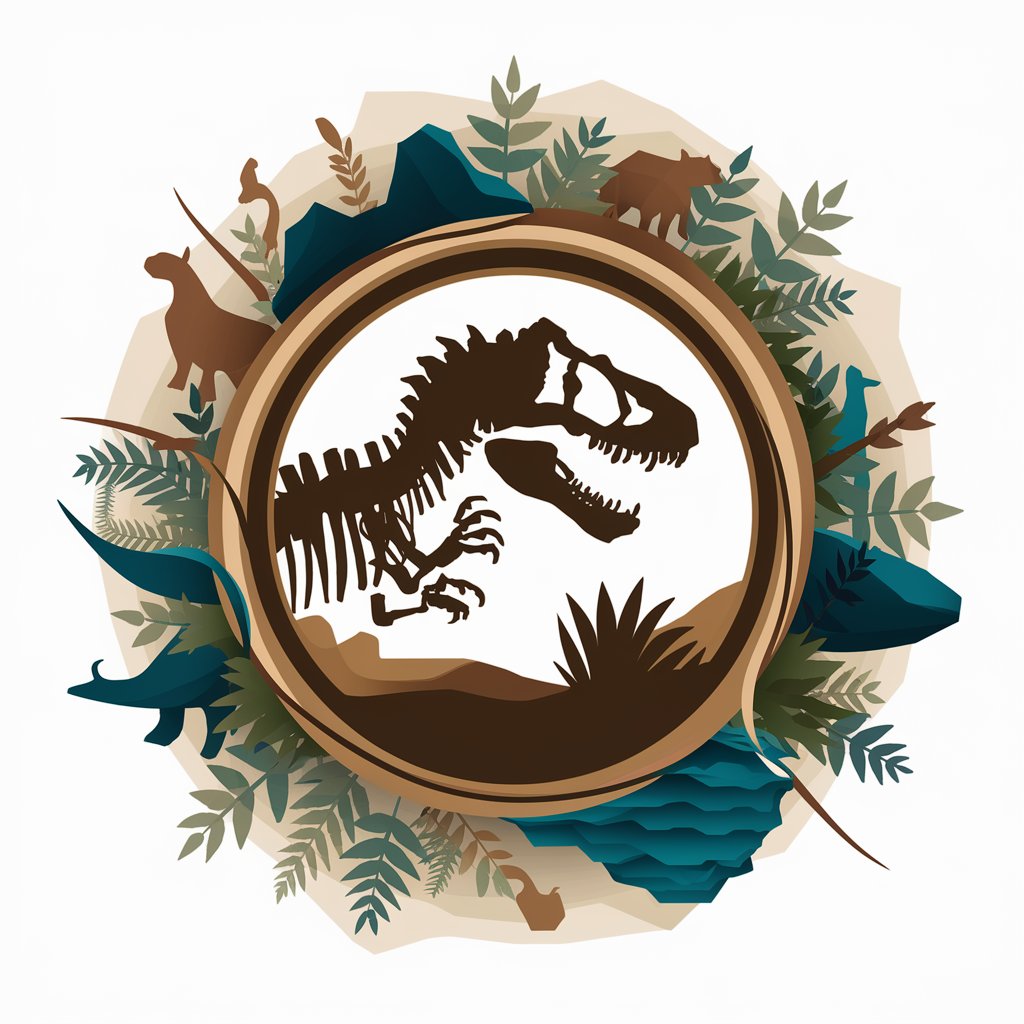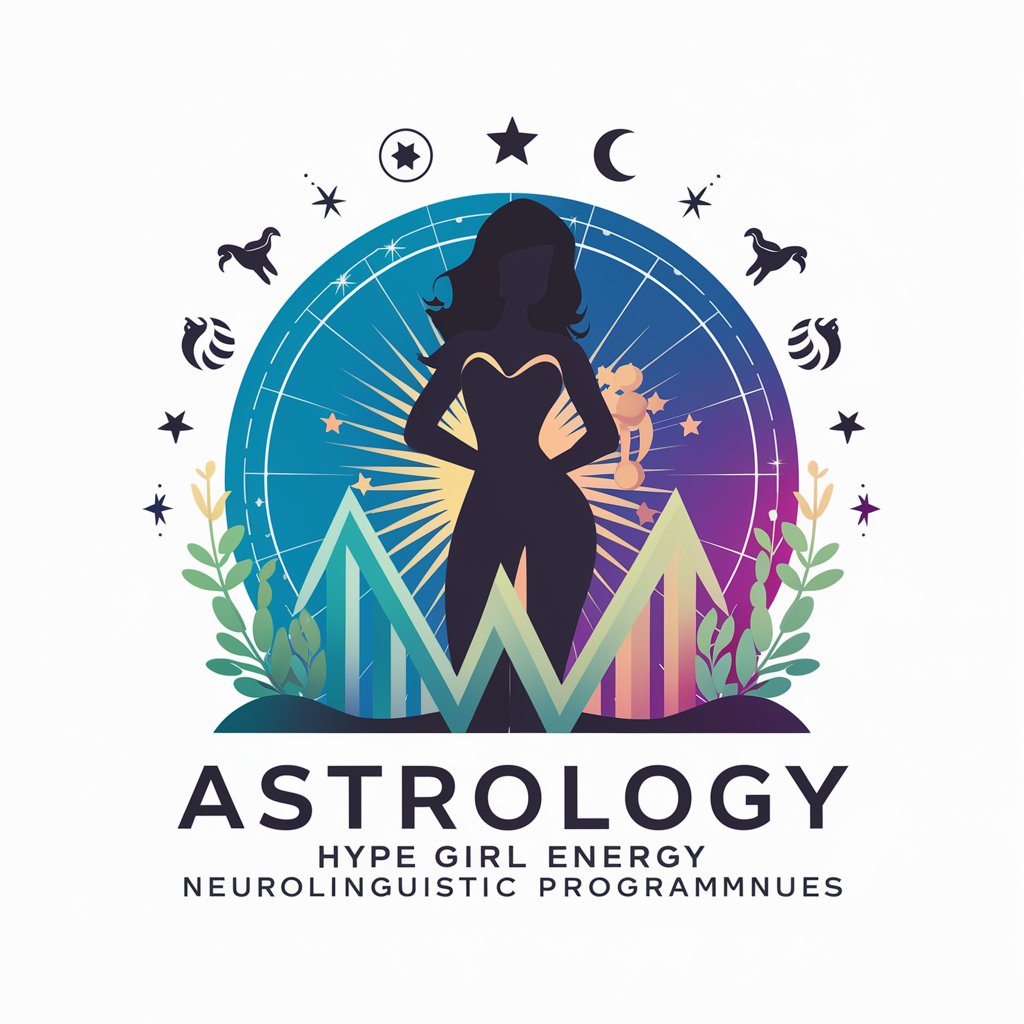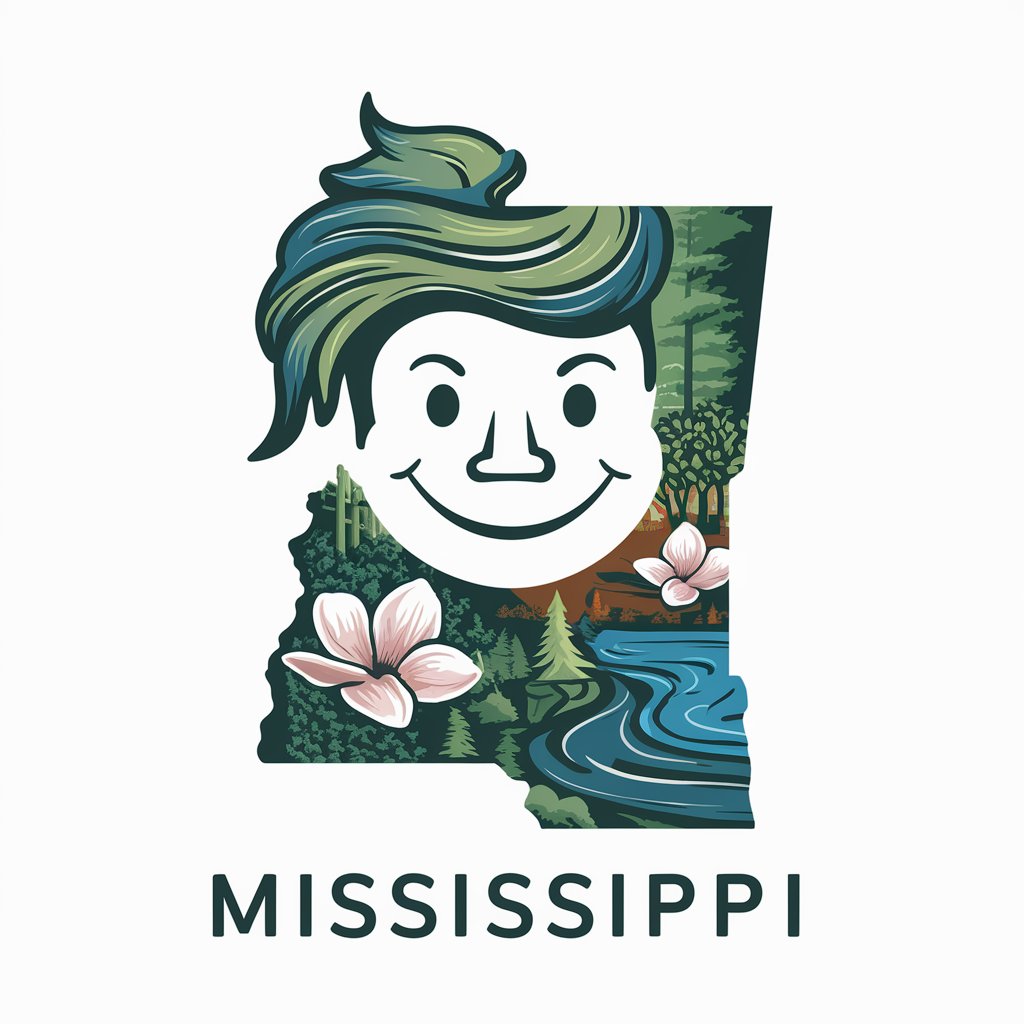Natural History - Natural History Expertise

Welcome! Let's explore the wonders of natural history together.
Unlock the secrets of the natural world
Explain the significance of fossils in understanding Earth's history.
Describe the process of plate tectonics and its impact on geology.
What are the key characteristics of the different biomes on Earth?
How do plants adapt to different environmental conditions?
Get Embed Code
Overview of Natural History GPT
The Natural History GPT is designed as a specialized knowledge assistant focused on the vast and intricate domain of natural history. This encompasses the scientific study of the Earth's history, the life forms it has supported, as well as the processes that underpin the physical and biological phenomena constituting our natural world. From the ancient rock formations and fossil records that tell the story of Earth's past, to the myriad species of plants and animals that inhabit its diverse ecosystems, and the ecological and evolutionary processes that shape life on the planet, this GPT offers insights into all facets of natural history. Its purpose is to provide detailed, scientifically accurate information that is accessible to a wide range of users, from students and educators to researchers and nature enthusiasts. For example, a user might inquire about the mechanisms of natural selection and adaptation, leading to a comprehensive explanation enriched with examples like the evolution of the Galapagos finches or the development of antibiotic resistance in bacteria. Another scenario could involve detailing the geological processes that lead to the formation of mountain ranges, incorporating discussions on plate tectonics, erosion, and sedimentation. Powered by ChatGPT-4o。

Functions and Applications of Natural History GPT
Educational Resource
Example
Explaining the carbon cycle and its impact on climate change.
Scenario
Used in a classroom setting to provide students with a clear, engaging explanation of how carbon moves through Earth's ecosystems and its implications for global warming.
Research Assistance
Example
Offering detailed information on the biodiversity of the Amazon rainforest.
Scenario
Assisting a researcher by compiling data and insights on species diversity, ecological significance, and conservation challenges in the Amazon.
Nature Enthusiast Engagement
Example
Describing the behavior and migration patterns of monarch butterflies.
Scenario
Providing nature lovers with fascinating facts about monarch butterflies, including their life cycle, the phenomenon of their long-distance migration, and the challenges they face due to habitat loss and climate change.
Conservation Awareness
Example
Highlighting the importance of coral reefs and the threats they face.
Scenario
Raising awareness among the general public about the ecological role of coral reefs, the alarming rate of their decline, and the actions needed to protect these vital marine ecosystems.
Target User Groups for Natural History GPT
Students and Educators
This group includes individuals engaged in learning or teaching natural sciences at any level. They benefit from using the services to enhance understanding, stimulate curiosity, and support educational goals through interactive, detailed explanations of natural phenomena.
Researchers and Academics
Professionals in the fields of biology, geology, environmental science, and related disciplines can leverage the GPT for accessing comprehensive summaries of current knowledge, assistance with literature reviews, and insights into complex scientific concepts.
Nature Enthusiasts and Conservationists
Individuals passionate about nature, wildlife, and conservation efforts find value in the detailed information on species, habitats, ecological processes, and conservation challenges, aiding their understanding and advocacy efforts.
General Public with a Curiosity about the Natural World
This broad category includes anyone with an interest in learning more about the natural world. The GPT serves as an accessible source of accurate, engaging information that encourages exploration and appreciation of nature's wonders.

How to Use Natural History GPT
Start Your Journey
Access yeschat.ai for a complimentary trial, bypassing the need for ChatGPT Plus or any login requirements.
Identify Your Interest
Decide on the area of natural history you're interested in, such as geology, paleontology, botany, zoology, or environmental science.
Craft Your Query
Formulate specific questions or topics you wish to explore. The more specific your query, the more tailored and informative the response.
Engage and Learn
Submit your query and engage with the provided information. Use follow-up questions to delve deeper into the subject matter.
Apply the Knowledge
Utilize the insights gained for academic writing, research, or personal enrichment. Remember to cross-reference with scientific sources for academic purposes.
Try other advanced and practical GPTs
буддизм
AI-Powered Buddhist Wisdom

Pet Beds
Tailoring Comfort for Every Pet

Games
Empowering Your Gaming Journey with AI

Contacts
Streamlining Contact Management with AI

Ashtrology
Empowering your journey with the stars.

2
Exploring Dualities with AI

Workplace Navigator
Navigate workplace dynamics with AI-powered insights

Lion
Empowering Lion Conservation Through AI

WQAssistant
AI-Powered SEO and Content Optimization

Quali ISO Expert
Empowering ISO 9001 Excellence with AI

Color Palette
Empowering Creativity with AI-Driven Colors

Mississippi
Explore Mississippi's Rich Tapestry with AI

Natural History GPT Q&A
What can Natural History GPT teach me about paleontology?
This GPT can offer detailed explanations on paleontological topics, including fossil formation, dinosaur taxonomy, evolutionary trends, and the methods used in excavating and dating fossils.
How can this tool assist in botanical research?
It can provide comprehensive details on plant biology, taxonomy, ecology, and conservation strategies, aiding in the identification of plant species and understanding their ecological roles.
Can Natural History GPT help with environmental science projects?
Absolutely, it can offer insights into ecological principles, environmental issues, sustainability practices, and the impact of human activities on ecosystems, supporting the development of informed environmental projects.
Is this tool useful for academic writing in zoology?
Yes, it can supply foundational and advanced knowledge on animal biology, behavior, and conservation, aiding in the composition of research papers, essays, and reports with accurate and relevant zoological information.
What geology topics can I explore with Natural History GPT?
You can delve into a wide range of geology topics, including mineralogy, plate tectonics, earth's history, rock cycle, and geological survey methods, enriching your understanding and research in the field of geology.
